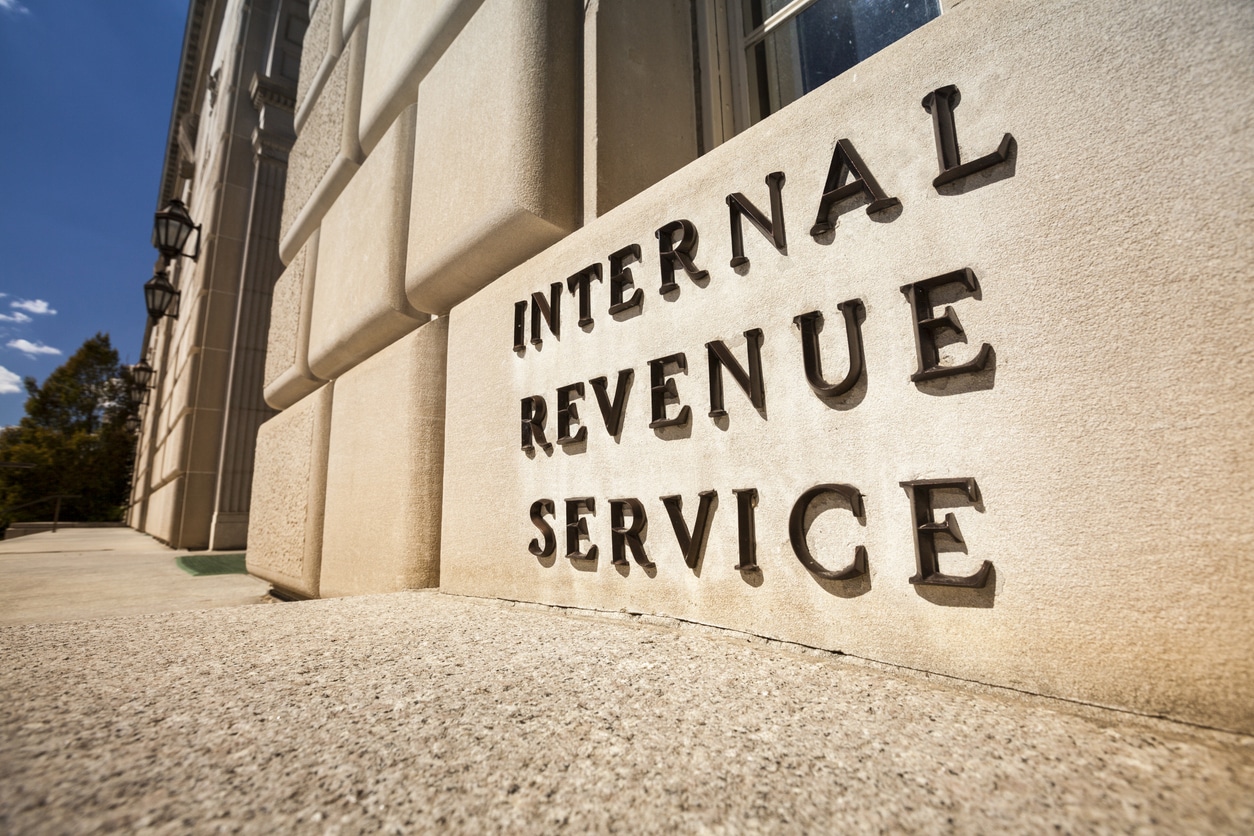Expat Tax News
Current news and legal decisions effecting US expats, along with relevant information from and about Greenback, including the annual expat trends survey results.
Tax Tips For Expats
Specific information Americans living abroad need to know about expat tax planning, filing, extensions, and more.
Expat Stories
Read first-hand accounts of what its like living abroad from exciting destinations and family dynamics to language barriers and work opportunities.
Country Specific Expat Tax Situations
Every country has unique tax situations for their own citizens as well as US Expats living their new home country. We go in-depth on niche topics for certain countries.















